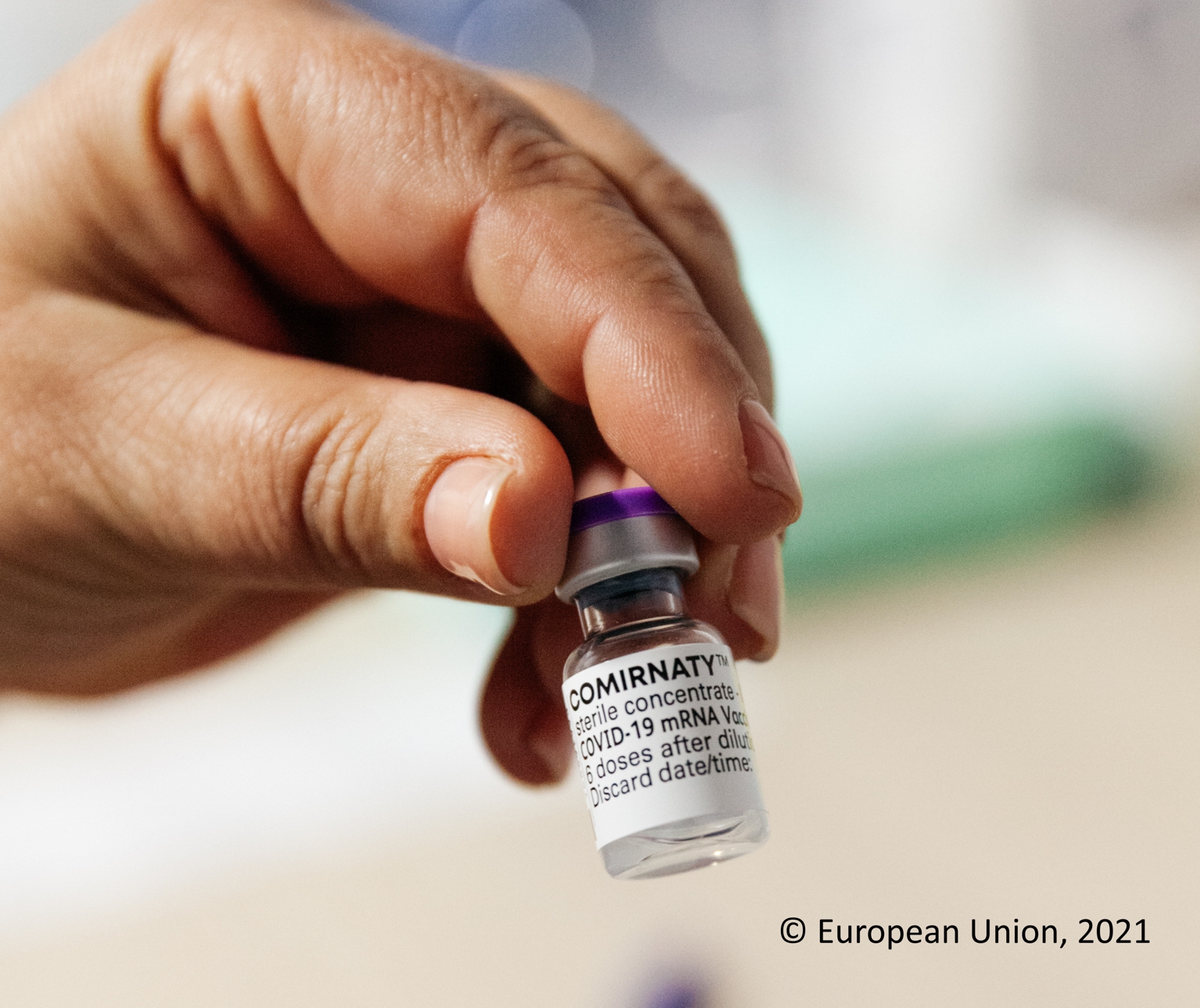Peter Liese supports Commission decision for the next years / mRNA vaccines can be better adapted to mutations / Global pandemic fight as soon as vaccination campaign in Europe goes better
The European Commission will no longer buy vaccines from Johnson& Johnson and AstraZeneca in the future, but will rely on the mRNA vaccines from BioNTech/Pfizer, Moderna and CureVac for the long-term fight against the Corona pandemic. Corresponding reports were confirmed by the MEP and health policy spokesman of the largest group in the European Parliament (EPP-Christian Democrats), Dr. med. Peter Liese, following talks with the Commission.
The European Commission wants to buy 900 million mRNA vaccines for 2022 and 2023 and not renew contracts with other vaccine manufacturers "The vector vaccines from Johnson&Johnson and AstraZeneca are good vaccines and we need to use them to get the pandemic under control by the summer. The side effects are very serious and I support the decision of many Member States not to vaccinate AstraZeneca to younger people for the time being.
I hope that the side effects of Johnso & Johnson will be clarified quickly by the American FDA and that targeted recommendations can then be made for whom this vaccine can and cannot be used. However, as with AstraZeneca, I am convinced that the positive effects of Johnson & Johnson outweigh the side effects. It is also clear, however, that the future belongs to mRNA vaccines. They are obviously more effective than the vector vaccines and seem to have fewer side effects. But the most important advantage is that they can be adapted to mutations more quickly and in a more targeted way. In addition, if we want to fight the pandemic permanently, we will probably have to protect at least the risk groups with adapted vaccines in the next few years.
It is important that we do this in the European Union, but we also need an international initiative to vaccinate people all over the world with mRNA vaccines if possible. To this end, my group already proposed in February a cooperation with the USA and emerging countries such as South Africa and India, where in principle it is possible to produce vaccines. However, mRNA technology is very complicated. For this reason, the abolition of patents is a very popular demand, but it will not lead to the desired result. That is why we need a technology partnership. In the end, we too are only safe if everyone is safe, and that is why vaccinating people in poorer countries is not only a humanitarian imperative, but also an imperative of common sense," the doctor and MEP concludes.



